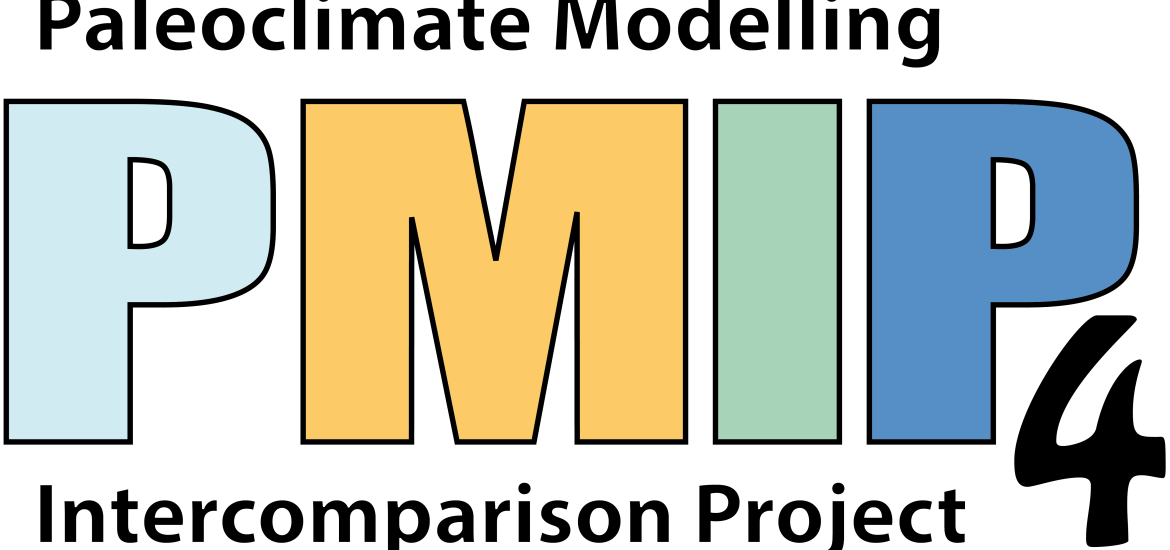- Home
- All News Overview
- PMIP and CMIP7 Update

PMIP and CMIP7 update
Tuesday, 16 April, 2024
There have been some developments around PMIP recently, as well as with the wider CMIP7 effort.
Prof. C. M. Brierley (University College London) sent an email out on 11 April 2024 to the community informing everyone of PMIP and CMIP7 updates.
Dear friends of PMIP,
There have been some developments around PMIP recently, as well as with the wider CMIP7 effort. I'll try to summarise them here to update you.
[CMIP7 Fast Track] Timelines for CMIP7 and IPCC AR7 are firming up, but look tight compared to development process for some/all modelling groups. CMIP7 will have a "Fast Track" of simulations, which is a subset of runs that people will try to get done first. The contents of the Fast Track have been formally approved earlier this week. You can see the timeline and all the experiments at https://wcrp-cmip.org/cmip7/#fast-track
[LIGabrupt experiment] There was a consultation process between the different MIPs and modelling groups to determine the contents of the Fast Track. We were told that long, equilibrated simulations were not feasible - they will be part of PMIP5 and CMIP7, just not on the Fast Track timeline. There will be a PMIP experiment, tentatively called LIGabrupt. This experiment will involve instantaneously altering the orbital configuration to that of 127ka, and running from the piControl for 100 years. The logic behind this simulation is that timescales for Arctic sea ice responses are so fast that models should already replicate the proxy reconstructed lack of seasonally ice free conditions within this short simulation. And modelling groups can choose to continue the run to capture an equilibrated climate. For more justification download the file.
[abrupt0pt5CO2] Additionally, there is a Fast Track simulation proposed by the Cloud Feedback MIP that looks at halving the CO2 concentration. This is not directly equivalent to an LGM simulation, but might share some similarities in response. Further research and collaboration is required to understand the potential role of glacial climates in helping to understand the results of this simulation.
[EGU24] Finally, if you happen to be at EGU next week in Vienna, there are various PMIP-related sessions happening (e.g. CL1.1.1, CL1.1.4, CL1.2.6, CL1.2.7, and the general PMIP session of CL 1.2.13). There is also a CMIP7 townhall on Tuesday evening that will explain the Fast Track further. I would particularly like it if you can also stop by CMIP (part of the ESA booth) and say how you're excited about the PMIP simulations - we want to remind the CMIP organiser how large our community is.
[Find out more & volunteer] If you would like to discover more about the updates in this email, you can catch-up via the recording of the last PMIP WINGS seminar at https://www.youtube.com/watch?v=WD8zzDGY5l8. CMIP7 are currently consulting on their science plan (https://bit.ly/FT-MIP-feedback) and we are thinking about the PMIP science. Please keep your eyes out for an email about how to get involved shortly.
Cheers,
Chris
> More about CMIP
> More about PMIP
> Sign up for PMIP and CMIP news